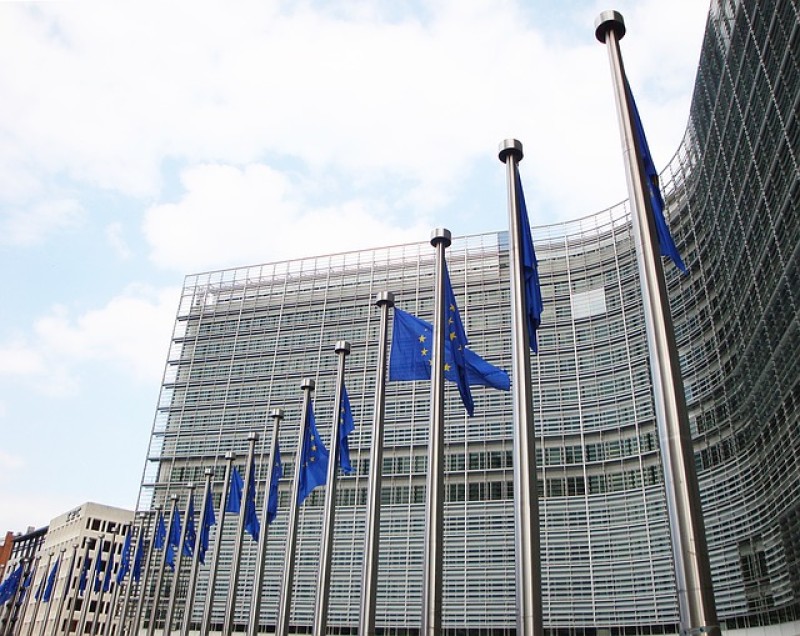The MEPs stressed the importance of the resolution in wake of the two murders of investigative journalists on EU’s own turf. A car bomb killed Daphne Caruana Galizia in October 2017 in Malta and Slovakian journalist Jan Kuciak and his fiancee were shot at home in February.
Both were investigating corruption and links between the government and organized crime in their countries.
With 488 in favor, 43 against and 114 abstaining from the vote, the lawmakers supported the resolution that urges member states to make sure journalists are safe while investigating “misuse of power, corruption, human rights violations or criminal activities.”
Moreover, the document calls for member states to support the proposal by Reporters without Borders to create a Special Representative to the UN Secretary-General for the safety of journalists.
“Investigative journalism is needed more now than ever in these times of populist fake news,” Jasenko Selimovic, of Sweden said as he explained why he voted in favor.
A report that served as the basis for the resolution said that besides murder, journalists also face “threats of violence; incidents in the context of public assemblies; alleged interference by political actors; pressures to disclose confidential sources and materials; interference through security and intelligence services; as well as financial and economic pressures.”
Journalists are censoring themselves because of political pressure and because the media are in the hands of less-and-less people. The rise in nationalism and populism presents another threat, the report said.
Member States are urged to set up national action plans, in close cooperation with journalist organisations, to improve the working conditions of journalists and to ensure that journalists will not be victims of psychological violence.
The document also calls on member states to find “new socially sustainable economic models aimed at financing and supporting quality and independent journalism” because independent journalism cannot be guaranteed and fostered by the market alone.
Monica Macovei, of Romania, proposed during the explanation of votes that the 2019 budget should include a fund for investigative journalism.
“We need the truth because only the truth can set us free,” the MEP said. “It protects us from dictatorship and it protects our democracy.”
More than half of abuse against journalists are committed by state actors and states should make sure that government members and their cronies can not buy up commercial media outlets and hijack the public service media to serve partisan interests, the resolution says.
It also stresses that anonymity and encryption are essential for citizens, journalists and whistleblowers to protect themselves while gathering and sharing information.
The resolution says it deplores the US Federal Communications Commission decision to repeal the 2015 rules on net neutrality as well as the tendency of private companies to geo-block websites. Member states need to prevent private companies from filtering internet content.
Also highlighted is the threat to media freedom presented by a duopoly of news providers and digital advertising, naming Google and Facebook.
The document calls on media platforms to flag fake news but not ban them because that could lead to censorship.






